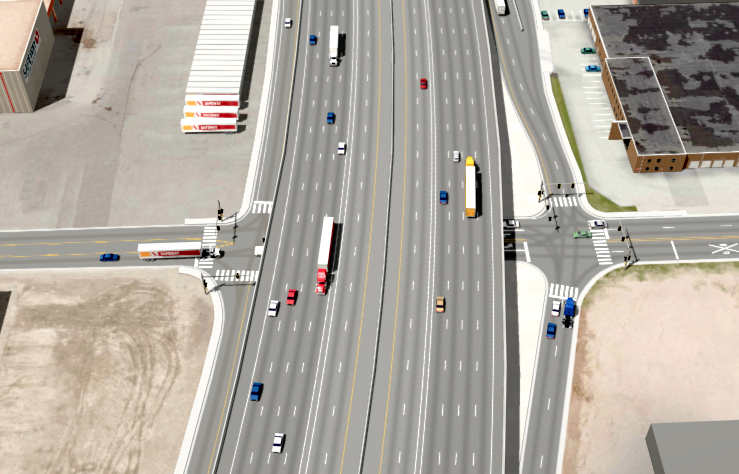How Highway Expansionists Forced Through Funding for I-70
Thanks to last week’s City Council decision, Denver will pay the Colorado Department of Transportation $83 million to expand I-70 from six lanes to 10, using obsolete data to justify it. But there’s a lot more to unpack. CDOT will also contribute to a much-needed drainage project as part of the deal. By knotting flood mitigation with road widening, CDOT and the city are holding residents of Elyria, Swansea, and Globeville hostage in their own neighborhoods.

The drainage project is critical. It protects Denverites from a 100-year storm, whereas without CDOT’s support, the city could’ve only afforded protection from a five-year event, said Diane Barrett, Mayor Michael Hancock’s chief project officer. City Councilor Paul Lopez even evoked Hurricane Katrina to convey the importance of the $134 million drainage project, to which CDOT will contribute 40 percent.
The deal forces residents — and their reps on city council — into an untenable situation. It corners them into supporting more highway lanes in exchange for basic flood protection for a neglected part of the city. It’s a clever tactic; a Katrina-like disaster is a red herring that distracts from less conspicuous effects of highway expansions, like an uptick in traffic deaths or the long-term effects of residents inhaling shards of particulate matter.
The agreement between Denver and CDOT pushes the highway expansion another step closer to reality, yet Barrett implied that it’s not a done deal.
“Unfortunately some people have tried to characterize the adoption of this [agreement] as the last bite of the apple for the citizens of Denver, and that is not true,” Barrett said. “The community in this area will be, as they have for the last 10 years or so, a critical stakeholder in looking at everything that’s part of this project.”
However, testimony from residents and city officials revealed that the agreement was forged mostly behind closed doors, starting in 2013, without any neighborhood meetings dedicated to financing the drainage project. Most city council members didn’t even know about it until a few weeks before the vote.
“Yes, the drainage has been part of the conversations, but not the details of how all of this was going to be financed and what kind of long-term commitment we’re asking Denver taxpayers to make on this,” said City Councilor Debbie Ortega, who cast the sole vote against the deal. Ortega said tying flood mitigation to the highway expansion gives her “heartburn.”
The agreement will give developers the confidence they need to bid on the expansion project. Without such cooperation, investors would “raise their eyebrows in terms of whether or not the political risk of the project is worth it,” said Michael Cheroutes, director of the High Performance Transportation Enterprise, which is tasked with assembling financing for the expansion.
As long as money and politics dictate the project’s trajectory, residents won’t have any real control over their neighborhoods’ future.


